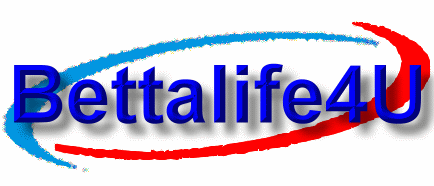Hidden Hindrance to Health
The thyroid gland is a small structure located just below the middle of the neck. It is made of two halves and a bridge of tissue around the front and sides of the windpipe. This organ produces a hormone known as Thyroxine, which is absolutely critical for life.
The thyroid governs other hormones, weight, energy, growth and metabolism. Metabolism is the way the body uses nutrients for it’s continued growth and functioning. Long term thyroid deficiency creates adrenal stess and a host of other far reaching health problems.
The thyroid uses iodine to make thyroxine, and in NZ we have a shortage of iodine in our soils. Goitre is the name of the classic disease caused by low thyroid levels. In the “high-goiter” areas of the world, iodized table salt was introduced to control thyroid disease.
Several doctors, authors and researchers have, over the past fifty years, insisted that despite reduction of goitre, the condition of hypo- (low) thyroidism is still very prevalent in the population. In many cases, hypothyroidism may be sub-clinical, that is, not picked up in general medical tests. In other words, it can be a hidden menace for many people. Low thyroid function has been regarded as one of the most common ailments, yet one of the least diagnosed.
Hypothyroidism can often be subtle, and confused with other conditions, and has over sixty-four related symptoms. Thyroid deficiency may cause: fatigue, tiredness, poor circulation, cold hands and feet, hair loss, dry skin, coarse hair, itching, depression, fearfulness, anxiety, emotional swings, weight problems, poor memory and concentration, female problems, PMS, low libido, infertility.
People who are hypothyroid will not necessarily have all the symptoms, but they tend to be sluggish in the morning, have low energy levels and require more sleep. They are more emotionally sensitive and may have a “cold” personality. Some doctors have shown a relationship between low thyroid function and serious disease such as heart disease, diabetes and arthritis.
Along with the requirement for adequate levels of iodine, the thyroid gland needs other nutrients: B vitamins, particularly B2, B6 and B12. Manganese, Vitamin A, zinc and tyrosine are other important co-factors for healthy thyroid functioning.
How do you tell if you have an under active thyroid? If several of the above symptoms are familiar for you, then it is very likely you have low thyroid function. Blood tests can be done which will show up hypothyroidism; however, remember that some cases will come back negative when there is indeed a problem. A simple test involves taking your temperature and a consistently lower temperature is a sure sign of hypothyroidism. Discuss your concerns with your Naturopath or GP.
In my clinic, I ascertain the nature of the condition then offer a unique product that quickly deals with hypothyroidism and its associated symptoms. Avert serious health problems and restore your vitality now! Come in today and talk to me about your thyroid.
Copyright 2004 Bettalife4u
